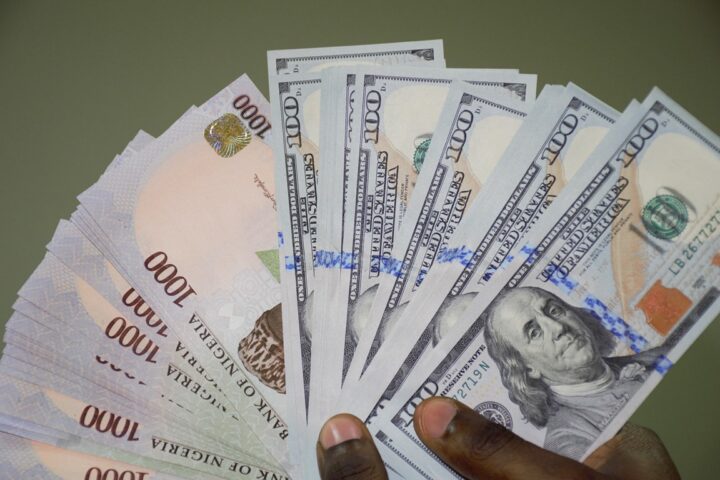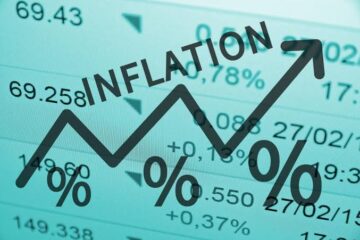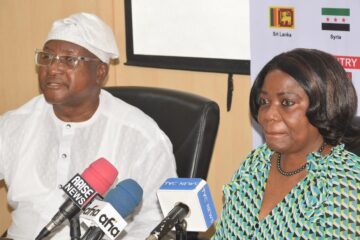FG seeks $10bn to stabilise exchange rate as naira tumbles

The Nigerian Federal Government is planning to raise $10bn to improve liquidity in the foreign exchange market. On Tuesday, the naira fell to an all-time low of 1,850 per dollar at the parallel market.
President Bola Tinubu, who was represented by Vice President Kashim Shettima, disclosed this at the inaugural Public Wealth Management Conference in Abuja on Tuesday.
The Ministry of Finance Incorporated organised the event with the theme “Championing Nigeria’s Economic Prosperity”.
In a statement on Tuesday, the Senior Special Assistant to the President on Media & Communications, Stanley Nkwocha explained, “The Federal Government set a goal to raise at least $10bn in order to increase foreign exchange liquidity, a key ingredient to stabilise the naira and grow the economy.
“At the core of this is ensuring optimal management of the assets and investments of the Federal Government towards unlocking their revenue potential. This includes our bold and achievable plan to double the GDP growth rate and significantly increase the GDP base over the next 8 years.”
The President further emphasised transparency and accountability as key principles, believing that improved corporate governance, innovative partnerships, and attracting alternative investment capital would significantly increase returns.
He noted that these improved returns will then be directed towards “crucial funding for education, healthcare, housing, power, roads and other areas vital to lifting millions out of poverty and stimulating sustainable economic development and job creation for the youth”.
Meanwhile, the exchange rate volatility continued across the country on Tuesday despite the heavy presence of security personnel at the Wuse Zone 4 currency market in Abuja.
Currency traders in Abuja quoted the buying price of the dollar at 1,820/$ and the selling price at 1,850/$, leaving a profit margin of 30.
A bureau de change operator, Ibrahim Taura, predicted that the rates might reach an all-time low of 2,000/$ if proper measures were not put in place.
“The police filled everywhere in the market today but that still didn’t change everything. Today’s rate finished at 1,850/$ and I will buy it at that rate right now because there is demand,” he stated.
Another operator said he could only buy at the rate of 1,700/$, adding that the market was not suitable for good business.
However, the naira appreciated by 1.48 per cent to 1,551/$ at the official market, following an improved forex turnover of $117.32m.
This came after the local weakened for three consecutive days at the Nigerian Autonomous Foreign Exchange.
The country has been battling with a lingering forex shortage due to a decline in oil production and foreign inflows.
According to data from FMDQ Securities, a platform that oversees foreign exchange trading in Nigeria, the local currency hit an intra-day trading high of 1,701/$ and a low of N1,100 before closing at N1,551/$ on Tuesday.
In June 2023, the Central Bank of Nigeria floated the naira after unifying all segments of the forex market, which has resulted in significant devaluation of the local currency.










